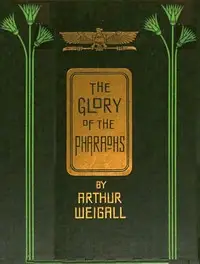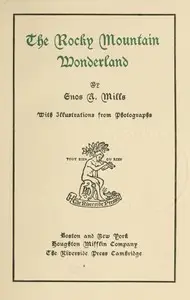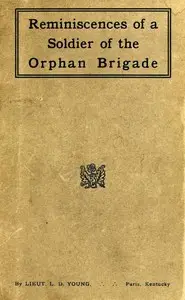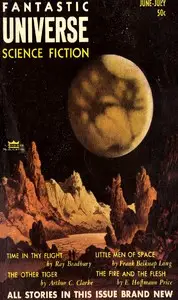"Beauchamp's Career — Volume 4" by George Meredith is a novel written during the late 19th century. This installment continues to explore the complexities of political ambition and personal relationships through the central character, Commander Nevil Beauchamp, as he navigates rivalries, campaigns, and romantic entanglements. The narrative weaves through the values and tensions of English society during this period, particularly focusing on the intersections of politics, social class, and gender. The opening of the fourth volume elaborates on the aftermath of Beauchamp's political campaign in Bevisham, highlighting his perceived failures and the effect of public opinion on his reputation, especially in the eyes of Cecilia Halkett, who is grappling with her feelings for him amidst swirling rumors and her father's objections. The introduction of Mr. Blackburn Tuckham, a solid Tory who contrasts sharply with Beauchamp’s radical ideals and public persona, sets the stage for political discussions that challenge societal norms. Tuckham's critical views on liberalism and social issues reveal the stark political divide of the time, while Cecilia's internal conflict about Beauchamp’s duality deepens the emotional stakes as the characters engage in discussions that probe the essence of loyalty, love, and moral responsibility amidst chaotic electoral politics. (This is an automatically generated summary.)

Beauchamp's Career — Volume 4
By George Meredith
"Beauchamp's Career — Volume 4" by George Meredith is a novel written during the late 19th century. This installment continues to explore the complexi...
George Meredith was an English novelist and poet of the Victorian era. At first, his focus was poetry, influenced by John Keats among others, but Meredith gradually established a reputation as a novelist. The Ordeal of Richard Feverel (1859) briefly scandalised Victorian literary circles. Of his later novels, the most enduring is The Egoist (1879), though in his lifetime his greatest success was Diana of the Crossways (1885). His novels were innovative in their attention to characters' psychology, and also portrayed social change. His style, in both poetry and prose, was noted for its syntactic complexity; Oscar Wilde likened it to "chaos illumined by brilliant flashes of lightning". Meredith was an encourager of other novelists, as well as an influence on them; among those to benefit were Robert Louis Stevenson and George Gissing. Meredith was nominated for the Nobel Prize in Literature seven times.












